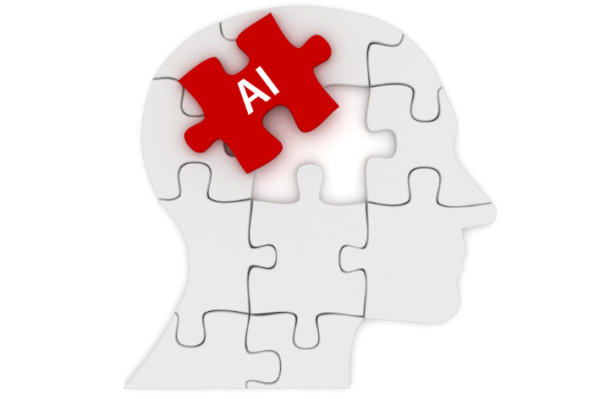As artificial intelligence (AI) continues to advance and integrate into various aspects of our lives, it is important to have conversations at the program level about the ethical implications and potential consequences of these technologies. While many discussions about AI focus on the technical aspects and capabilities of AI algorithms, it is equally crucial to consider the broader societal impact and ethical considerations of these technologies.
One of the key conversations that we should be having at the program level is about bias and fairness in AI algorithms. AI systems are only as good as the data they are trained on, and if the data is biased, the AI system will also be biased. This can have serious consequences, such as perpetuating discrimination and inequality in various fields such as recruitment, lending, and criminal justice.
To address this issue, it is important for developers and policymakers to work together to ensure that AI algorithms are trained on diverse and representative data sets, and to regularly audit and assess the outcomes of these systems for potential biases. Additionally, it is crucial to have mechanisms in place to address and rectify any biases that are identified in AI systems.
Another important topic for program-level conversations is transparency and accountability in AI systems. As AI systems become more complex and autonomous, it is crucial to understand how these systems make decisions and to hold them accountable for their actions. This includes ensuring that AI systems are explainable and transparent, so that users can understand how decisions are being made and challenge them if necessary.
Furthermore, it is important to develop mechanisms for auditing and regulating AI systems to ensure that they are being used responsibly and ethically. This includes developing frameworks for ethical AI design and usage, as well as establishing guidelines for when and how AI systems should be used in various applications.
In addition to bias, fairness, transparency, and accountability, there are many other important program-level conversations that need to be had about AI, such as privacy, security, and the potential impact on jobs and the economy. These conversations require collaboration between developers, policymakers, researchers, and other stakeholders to ensure that AI is developed and deployed in a way that benefits society as a whole.
In conclusion, as AI technology continues to advance and become more pervasive in our lives, it is crucial to have program-level conversations about the ethical implications and societal impact of these technologies. By addressing topics such as bias, fairness, transparency, and accountability, we can ensure that AI systems are developed and used in a responsible and ethical manner. Ultimately, these conversations are essential for shaping the future of AI in a way that benefits everyone.



